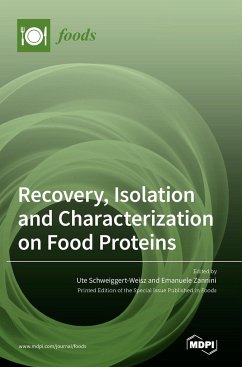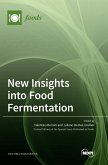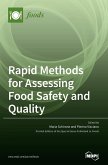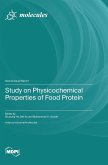Proteins play an important role in human nutrition. At present, most of our protein requirement is covered by animal proteins. However, the production of animal proteins is associated with a high consumption of resources and land/sea, which contributes considerably to greenhouse gas emissions. Therefore, interest in the recovery of alternative proteins for food applications is greater than ever. Alternative proteins can be produced by plants, algae, fungi, and insects. So far, plant proteins such as wheat or soy protein preparations still dominate the market for alternative protein products, but more and more new proteins are entering the market. The quality of the proteins-particularly their functional, nutritional, and sensory properties-is influenced by the raw materials from which they are obtained and the extraction and isolation processes used. According to their functional properties (e.g., protein solubility, gelling, or emulsification properties), alternative protein preparations can be applied as substitutes for animal proteins or for the protein enrichment of food. The use of proteins in foods that are attractive to consumers is a challenge, especially if these proteins are to replace meat, milk, or egg products, since they need to mimic their texture, sensory properties, color, and taste. In addition to dealing with various technological challenges, the development of tailormade food products also requires knowledge of the driving forces and barriers between different consumer groups when using these products.
Hinweis: Dieser Artikel kann nur an eine deutsche Lieferadresse ausgeliefert werden.
Hinweis: Dieser Artikel kann nur an eine deutsche Lieferadresse ausgeliefert werden.








